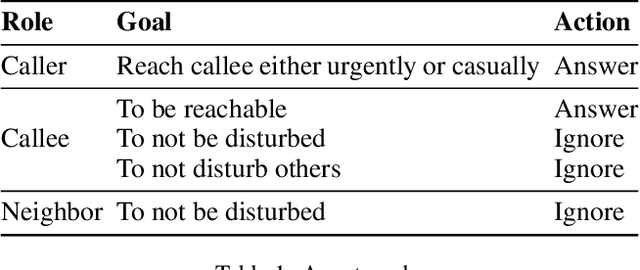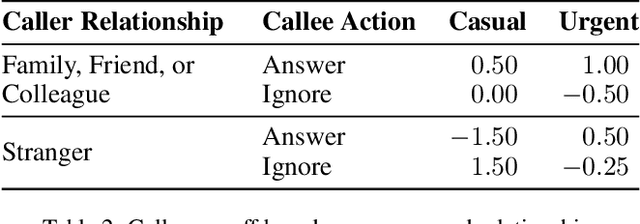Socially Intelligent Genetic Agents for the Emergence of Explicit Norms
Paper and Code
Aug 07, 2022



Norms help regulate a society. Norms may be explicit (represented in structured form) or implicit. We address the emergence of explicit norms by developing agents who provide and reason about explanations for norm violations in deciding sanctions and identifying alternative norms. These agents use a genetic algorithm to produce norms and reinforcement learning to learn the values of these norms. We find that applying explanations leads to norms that provide better cohesion and goal satisfaction for the agents. Our results are stable for societies with differing attitudes of generosity.
* 7 pages, 2 figures, 12 tables, accepted at IJCAI 2022 (and
supplementary material with code availability and additional results)
 Add to Chrome
Add to Chrome Add to Firefox
Add to Firefox Add to Edge
Add to Edge